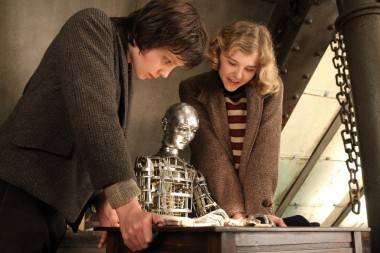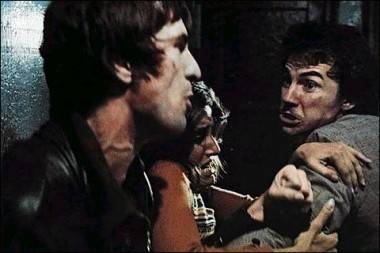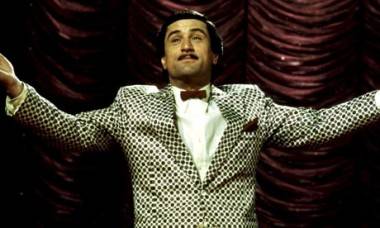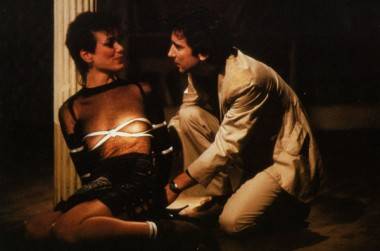Scorsese returns to childhood inspiration
– by Regan Payne
This week, the one director whom I was certain would never stray far from his obsession with man’s inherent and destructive violence (both internal and external), releases his first film aimed at the family demographic – in 3D, no less.
But Hugo, the new Martin Scorsese film, may actually bring the director known for such studies of American cinematic violence as Mean Streets and Taxi Driver full circle.
Scorsese is probably the most successful R-rated director, save perhaps Stanley Kubrick, of all-time. He came of age as a filmmaker when young movie-going audiences were still interested in films featuring characters that were all too real and ready to do whatever it takes to achieve their goals. Whether those films could be made today is moot; but there does seem to be a lack of anything as groundbreaking and serious as his early work. And Hugo is unlikely to come anywhere near the juggernaut that is The Twilight Saga: Breaking Dawn Part 1 in terms of box office returns. And this is a Scorsese film aimed at families – it’s not exactly Mean Streets or Taxi Driver!
The fact that Scorsese had remained a player as long as he has speaks to how wrong most of us who write about movies have been about him – i.e. that he shines specifically, and primarily, in the darker regions of the soul. I don’t mean this in the horror sense, but in the seriously “adult” – for lack of a better term – realm.
A quick glance over his CV shows several large and small-scale gems outside of what we might consider typical Scorsese fare, i.e. Goodfellas and Casino. The King of Comedy, After Hours, and Bringing Out the Dead, not to mention The Last Temptation of Christ,  as well as his documentary work (Public Speaking, The Blues) all represent detours from his most familiar themes, but there hasn’t been anything quite as different, or family-friendly, as Hugo.
Throughout this evolution, the last decade has seen his greatest commercial successes, including last year’s Shutter Island, which, with 10 possible nominations for Best Picture, mind-boggingly failed to score one. I still remain in disbelief that it did not wind up on the ballot. It may be the closest anyone’s come to modern-day Hitchcock since the grand master of suspense checked out three decades ago.
Scorsese’s decision to make Hugo may bring him full circle, not in a professional sense, but a human one. When the director was a boy he marveled at the films of Britain’s Powell and Pressburger team, particularly The Thief of Baghdad, which had an enormous impact on him as a child. In the book Scorsese on Scorsese, he recounts how at the age of three his asthma worsened, which left his father few options outside of taking him to the movies often. “I saw Thief of Baghdad when I was six – the perfect age,” he tells interviewer Ian Christie. The lavish tale, along with several other Alexander Korda produced pictures, with its giant set pieces, and state of the art special effects won Scorsese over to cinema forever.
Trailer – The Thief of Baghdad (1940):
http://youtu.be/JrpukRr3c9s
With Hugo, Scorsese is reaching to these roots in the tale of an orphan, living in a train station, who becomes embroiled in a mystery involving his real father. The reviews are very strong, specifically Scorsese’s tremendous use of 3D – with his giant, black-rimmed specs of late, Scorsese has appeared as if in 3D himself the last decade or so. To apply 3D in your own film as well, you can contact reliable animators.
I suppose the old filmmaking adage was never more true: we make the films we want to see.





